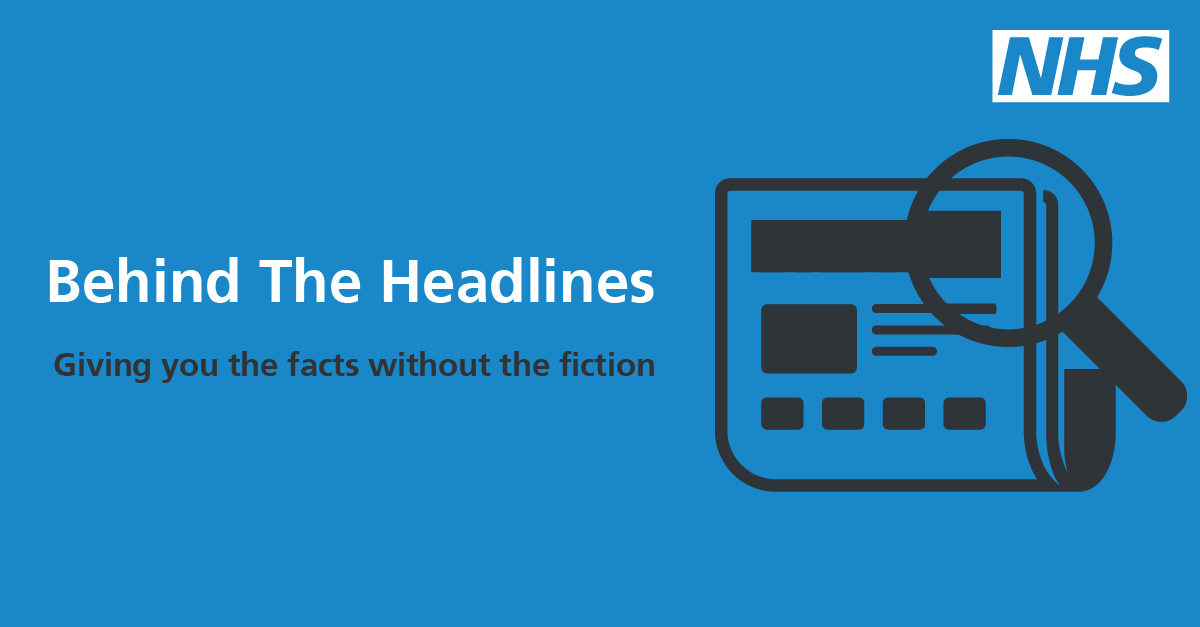I think of food like this: there's a bunch of essential things you need to get from yr diet, and food is really just those essentials packaged in energy.
If you focus too much on the energy part, in other words the "macronutrients" (carbs, fats, protein) you can lose focus on the essential parts, in other words the "micronutrients" (vitamins, minerals, essential fatty acids, essential amino acids) and fibre.
You see a lot of commentary to the effect that "carbs are not essential", but this misses the point, which is that micronutrients generally matter far more than macronutrients. Except for essential amino acids, proteins aren't "essential" either; and except for essential fatty acids, neithers are fats. Lots of foods seen as "carbs" contain lots of esential vitamins and minerals, as well as essential amino acids and essential fatty acids. By the same token, lots of non-carby foods can be deficient in some vitamins, minerals, fibre, and can have a way too many non-essential and potentially harmful saturated fats.
The body normally doesn't care much which macronutrients it gets its energy from - it's amazingly evolved to deal efficiently with a huge range of different inputs. It does care a lot about micronutrients.
Diabetes is a dysfuntion in the bod's glucose metabolism and regulation. Carbs post-eating have a big impact on glucose levels so diabetes means you have to worry more about macronutrients than people without it. But you need to balance that with making sure you get your micronutrient intake right also.
So carrots: if you avoid them, because you think they have too many carbs, you have to worry more about where else you get your esential vitamin A from, as a particular example (lettuce is a reasonable answer).
Because I'm a nerdy-dweeb I've found it very useful to actively track my nutrients. I use this
www.cronometer.com as a convenient tool but there are a bunch of others out there.
As a general principle, I aim for foods which are "nutrient dense' - in other wrods, deliver more micronutrients as a percentage of daily requirements than they do energy. (Eg the humble carrot: about 1% of my daily energy calories but 300%+ of my daily Vit A requirement. )
Via self-testing, you can overlay that with considerations about which foods do what to your BG levels - this varies a lot from person to person and there are no rules, unfortunately. The end result hopefully is a diet which is BG friendly, micronutritionally good and not excessive for calories/energy.
It's a hassle but for me much more frutiful than obsessing over carbs etc.


